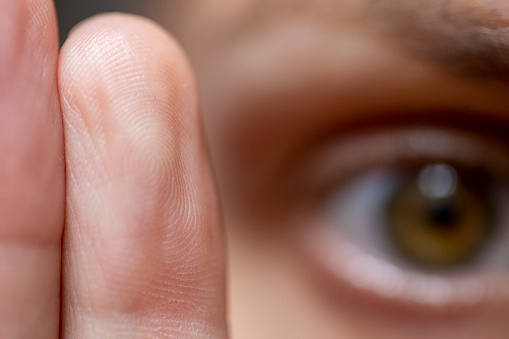EMDR therapy is a process that can help people who have experienced trauma. The therapy uses various techniques to help the person heal from the trauma. These techniques can include eye movement desensitization and reprocessing (EMDR), which is a type of psychotherapy. EMDR has been shown to be effective for treating a variety of conditions, including post-traumatic stress disorder (PTSD). One treatment option for people with PTSD is eye movement desensitization and reprocessing or EMDR therapy. EMDR is a type of therapy that helps relieve symptoms by using various types of stimulation to help the brain process the trauma.
The therapy typically begins with the therapist asking the person with PTSD to recall the event in detail. Afterward, the therapist will use EMDR techniques to help ease the person’s emotional response. There are many dangers of EMDR therapy, which is why it is important to be very careful when considering whether or not this type of treatment is right for you. First and foremost, EMDR can be very dangerous if done incorrectly. Second, EMDR can be extremely addictive, which can lead to problems like substance abuse and mental health issues.
- How EMDR Therapy Can Help People Who Have Experienced Trauma:
- 1. Help To Process And Understand The Trauma Experience:
- 2. Help People To Develop Strategies For Managing Stress And Anxiety:
- 3. Help In Develop Better Self-Esteem And Self-Awareness:
- 4. Help To Develop A Better Understanding Of Their Relationships With Others:
- 5. Helping Them To Heal Their Emotional Wounds:
- Final Thoughts:
How EMDR Therapy Can Help People Who Have Experienced Trauma:
1. Help To Process And Understand The Trauma Experience:
Many people who have experienced trauma find it difficult to process and understand the experience. This can lead to feelings of confusion, sadness, and anger. EMDR therapy can help these people to process their trauma and understand it better. Through this therapy, they can learn how to cope with their feelings and move on from experience.
2. Help People To Develop Strategies For Managing Stress And Anxiety:
Many people who have experienced trauma find that they experience a lot of stress and anxiety. This can be difficult to manage and can lead to a number of problems. One way that EMDR therapy can help is by helping people to develop strategies for managing their stress and anxiety. This can include things like learning how to relax, managing thoughts and feelings and developing healthy coping mechanisms.
3. Help In Develop Better Self-Esteem And Self-Awareness:
Trauma can lead to a loss of self-esteem and self-awareness. EMDR therapy can help people who have experienced trauma regain these important aspects of their lives. Through the use of eye movement desensitization and reprocessing (EMDR), individuals can relearn and rebuild their memories, thoughts, and feelings. This process can help them develop better self-esteem and self-awareness, both of which are essential for healing.
4. Help To Develop A Better Understanding Of Their Relationships With Others:
One of the main benefits of EMDR therapy is that it can help people to develop a better understanding of their relationships with others. This is because EMDR allows people to explore and process their traumatic memories and experiences in a safe and confidential setting. As a result, EMDR can help people to develop new coping mechanisms and improve their overall relationships.
5. Helping Them To Heal Their Emotional Wounds:
Many people who have experienced trauma struggle with feelings of sadness, anger, fear, and guilt. These feelings can interfere with the ability to enjoy life and make it difficult to have relationships. Trauma therapy is a type of treatment that helps people who have experienced trauma to heal their emotional wounds.
Final Thoughts:
EMDR therapy is a very effective way to help people who have experienced trauma. It can help them to process and heal the trauma that they have experienced. The benefits of EMDR therapy are clear-cut. It can help people who have experienced trauma to heal and move on. The therapy is simple, quick, and affordable, making it a great choice for those looking for relief.




